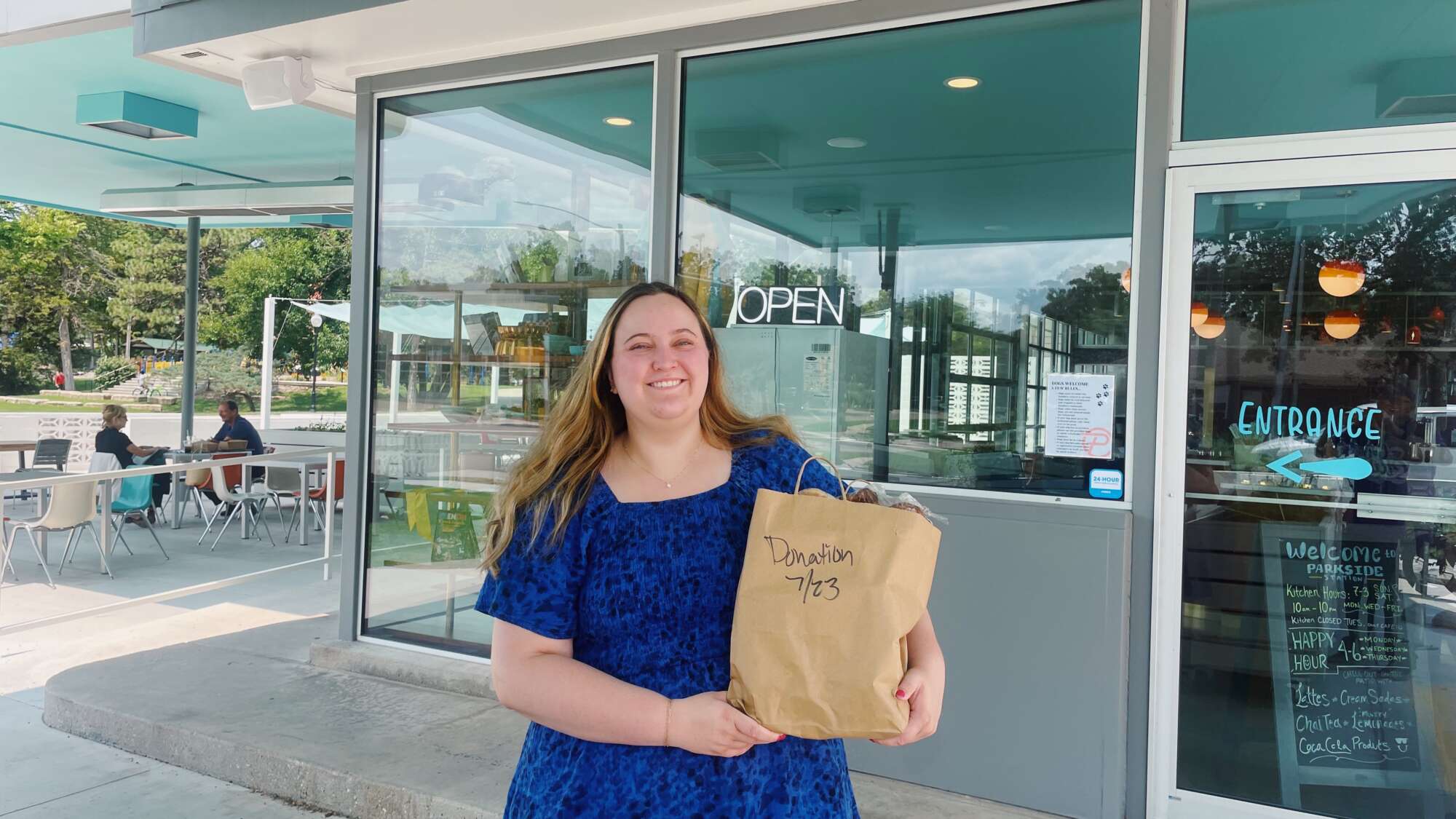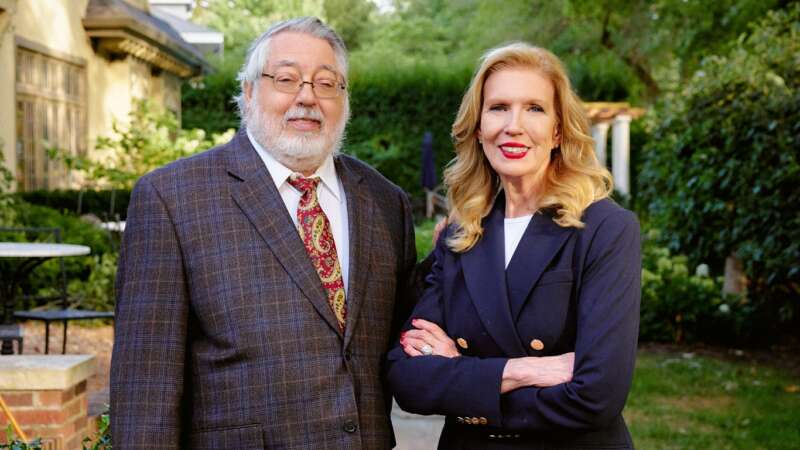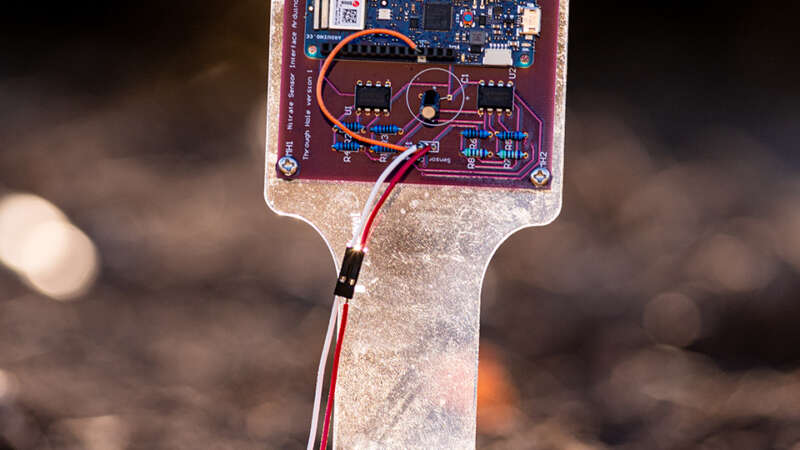Morse Scholarship empowers K-State’s Adelaide Easter to lead food security efforts.
Adelaide Easter, a senior in agricultural economics and global food systems leadership and Connected ‘Cat on Presidential Regional Community Visits, has built a passion for fighting food insecurity throughout her undergraduate career. Now, after receiving the Morse Family Community and Public Policy Scholarship, she’s rallying K-State and the Manhattan community to join the fight against hunger.
Q: What does receiving this scholarship mean to you personally and academically?
A: It’s been a huge motivator for me. When applying, I had to talk about my mission in life, so receiving the scholarship showed me that the university thinks that students should be supported in improving food security.
Q: What inspired you to choose food recovery and food insecurity as the focus of your scholarship project?
A: Food insecurity is truly what I want to dedicate my life to. In summer 2023, I interned in Washington D.C., which offered a great experience on the policy side, but I wanted something more hands-on and community oriented.
I reached out to Vicki James, who coordinates the Food and Farm Council of Riley County and City of Manhattan, and she helped connect me with the Flint Hills Food Recovery Program. The experience made me realize that many people don’t know how much food insecurity affects our campus — 40% of K-Staters are food insecure.
Q: How has your education at K-State prepared you to make such a large impact?
A: With my ag econ major, I’ve grown an understanding on the policy side of things. I know that changes aren’t going to happen in a day and it’s going to take lots of small steps to change the system.
With global food systems leadership, I’ve gotten a lot of knowledge about food security and recovery and how my work is going to make an impact, not only now but in the long run. I’ve also gotten a lot of support. Mary Kay Siefers, the director of the Global Food Systems Leadership program, has been a huge mentor.
Q: What did connecting K-State to the Flint Hills Food Recovery Program look like?
A: Over the past two years, the Manhattan community has recovered over 45,000 pounds of food — but K-State wasn’t a large part of that impact. While there are donors and Housing and Dining is part of the system, there are a lot of events on campus that contribute to food waste.
My job was to work with First Lady Sally Linton and Kathleen Hatch, Morrison family associate vice president for student well-being, to make everyone, from student government to each individual college, aware of the food recovery program.
Q: What does it mean for you to be able to publish undergraduate research because of this scholarship?
A: It’s been an incredible opportunity. I’m excited to be able to put something that will look impressive on my resume, but it has also taught me a lot about how to be creative.
I’ve never had a role where I’m on my own essentially, so I’ve had to learn how to be strategic with developing something. It’s such a unique opportunity and experience to have as an undergraduate student.
The $5,000 I received helped me work toward publishing in the K-State Library database, which is something I’ve never done before.
Q: What would you say to other K-State students wanting to make a difference in the community?
A: Once you find your passion, it’s all about finding easy ways you can make small differences on campus. Starting small and working your way up is the best way I’ve found to be successful.
Obviously the first step is finding what makes you the most passionate. Then, being able to find the small gaps in those areas — and seeing how you can make an impact on campus and the community — is the most important part.
Written By: Abbigail Marshall
Curated From: Morse scholarship winner to develop food recovery efforts in Manhattan (k-state.edu)



